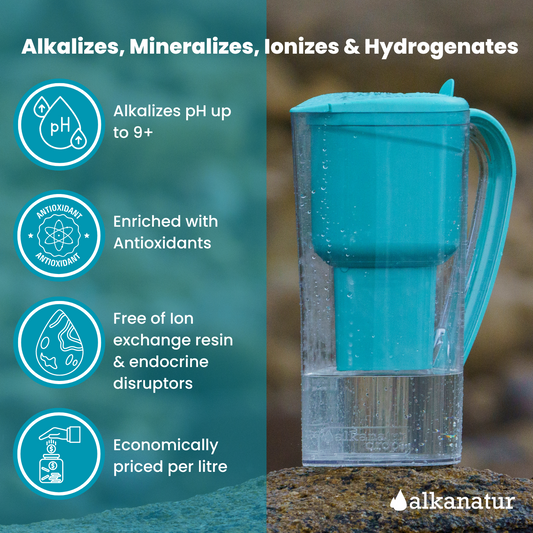For years, we've known the gut plays a vital role in digestion, overall health, and the absorption of nutrients. Recently, research suggests it goes far beyond, and can also be a key player in mental health and wellness. A growing body of evidence links imbalances in the gut microbiome – the trillions of bacteria living in your digestive system – to conditions like ADHD, anxiety, addiction, and even depression. At Alkanatur, we're paying attention.
The Mind-Gut Connection
The gut and brain are constantly communicating via the gut-brain axis, a complex network of nerves, hormones, and immune messengers. When the gut microbiome is out of whack, it can disrupt this communication, potentially leading to inflammation and imbalances in neurotransmitters like serotonin, which influence mood and behavior.
What the Research Shows
Studies have found that people with ADHD often have different gut bacteria compositions compared to those without the condition. Similarly, research suggests a link between anxiety and gut dysbiosis.
Taking Back Control: Using Your Diet as Medicine
The good news is, you might have more influence on your gut health than you may think. Here's how your diet can help restore balance and potentially improve your mental well-being:
- Embrace the Alkaline Approach: Many recent studies suggest that eating an alkaline diet, and consuming alkaline water, like Alkanatur, can promote the growth of beneficial bacteria. Focus on fruits, vegetables, and legumes, which tend to be more alkaline-forming.
- Fiber Up: Fiber is like fertilizer for your gut bacteria garden. Aim for plenty of fruits, vegetables, whole grains, and legumes to keep your gut microbes thriving in a comfy prebiotic home.
- Hydration Hero: Drinking plenty of water, particularly alkaline water, is crucial for overall health and can also aid digestion and nutrient absorption.
Remember:
- While these dietary changes might be helpful, it's important to consult with a healthcare professional before making significant adjustments to your diet, especially if you have any underlying health conditions.
- The gut-brain connection is a complex area of research, and more studies are needed to fully understand the cause-and-effect relationship between gut health and mental well-being.
Taking care of your gut health isn't just about digestion; it's also about supporting your mental well-being. By focusing on a diet rich in fiber, staying hydrated, and taking an alkaline approach, you can take steps to nurture a healthy gut microbiome. Our microbiome is an integral part of our bodies, and when it functions at its best, we thrive.
Alkanatur Go Stainless Steel Filter Bottle – Alkanatur North America
Alkanatur Alkaline Water Filter Pitcher with Magnesium & Antioxidants – Alkanatur North America
Reference Studies:
Gut microbiota’s effect on mental health: The gut-brain axis - PMC (nih.gov)









